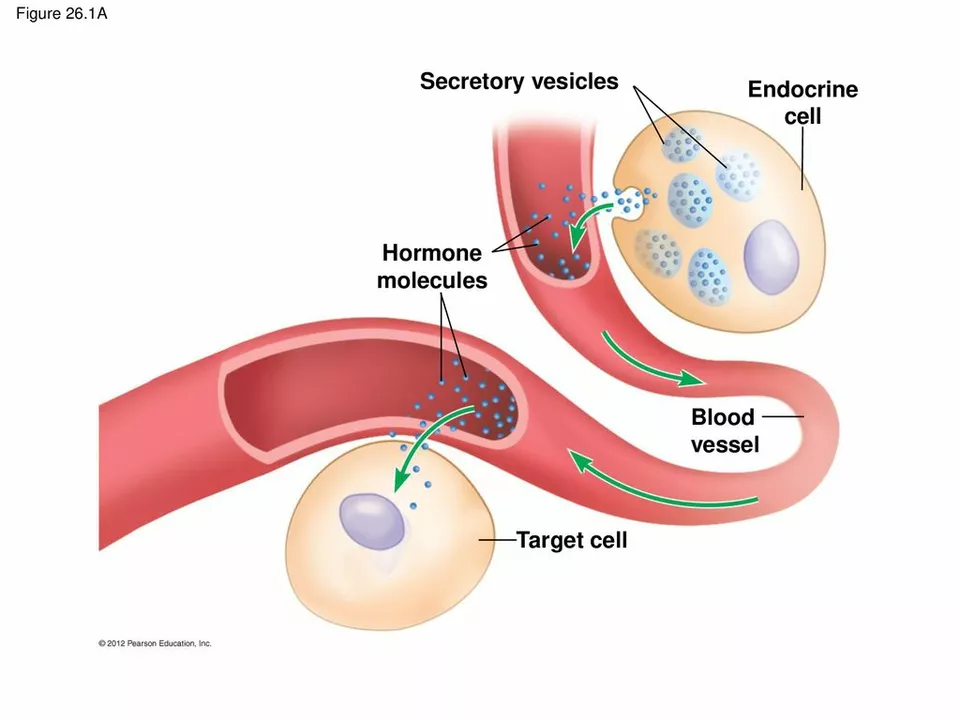Hormone Imbalance: What It Is and How to Fix It
If you’ve felt extra tired, mood swings, or sudden weight changes, your hormones might be off‑balance. Hormones are tiny messengers that tell your body how to grow, sleep, eat, and feel. When they’re not working right, almost every part of life can feel weird.
Spotting the Signs
Most people notice a few common clues:
- Unexplained fatigue or low energy
- Mood swings that seem to come out of nowhere
- Weight gain around the belly or sudden loss
- Changes in skin, hair, or menstrual cycle
- Sleep problems – either too much or not enough
If you see several of these together, it’s worth checking your hormone levels.
Why Hormones Get Out of Sync
There are a lot of reasons hormones can wobble. Stress spikes cortisol, which pushes other hormones off‑track. Poor diet – especially too much sugar or processed food – messes with insulin and estrogen. Lack of sleep, over‑exercise, or even certain meds (like antidepressants) can shift the balance. And for many, age plays a role; menopause in women and testosterone decline in men are natural changes that need extra care.
Getting a simple blood test from your doctor can pinpoint which hormones need attention. Common panels check thyroid, cortisol, estrogen, progesterone, testosterone, and insulin.
Practical Steps to Restore Balance
You don’t have to wait for a prescription to feel better. Here are easy moves you can start today:
- Sleep first. Aim for 7‑9 hours of steady sleep. Turn off screens an hour before bed and keep the room dark.
- Eat real food. Fill half your plate with veggies, add protein (fish, beans, or lean meat), and choose healthy fats like avocado or nuts. Cut sugary snacks that spike insulin.
- Move smart. Short walks, yoga, or strength training keep muscles strong without stressing the adrenal glands.
- Stress‑bust. Try breathing exercises, meditation, or a hobby you love. Even five minutes of deep breaths can lower cortisol.
- Check your vitamins. Vitamin D, magnesium, and B‑complex often support hormone production. A quick blood test can tell if you’re low.
If symptoms persist, talk to a healthcare professional about targeted treatments. Options include thyroid medication, bioidentical hormones, or specific supplements like inositol for PCOS.
Related Reads on Proactiv Medication Hub
Want deeper dives? Check out our guide on Cymbalta and how antidepressants can affect hormone levels, the article about Prozac side effects, and the piece on “How to Identify Licensed Online Pharmacies vs. Rogue Sites” for safe medication purchases.
Hormone imbalance feels frustrating, but with a few daily tweaks you can bring your system back into sync. Start small, track how you feel, and let your body tell you what works.
The Relationship between Secondary Hypogonadism and Prostate Health
As a blogger, I've recently been researching the relationship between secondary hypogonadism and prostate health. Secondary hypogonadism is a condition characterized by lower testosterone levels, which can be caused by various factors such as aging or obesity. Through my research, I've discovered that this condition may have a significant impact on prostate health due to the role of testosterone in regulating prostate growth. Some studies suggest that low testosterone levels may actually reduce the risk of prostate cancer, while others propose that it can contribute to a higher risk of benign prostatic hyperplasia (BPH). Overall, the relationship between secondary hypogonadism and prostate health remains complex and further research is needed to fully understand it.
More
